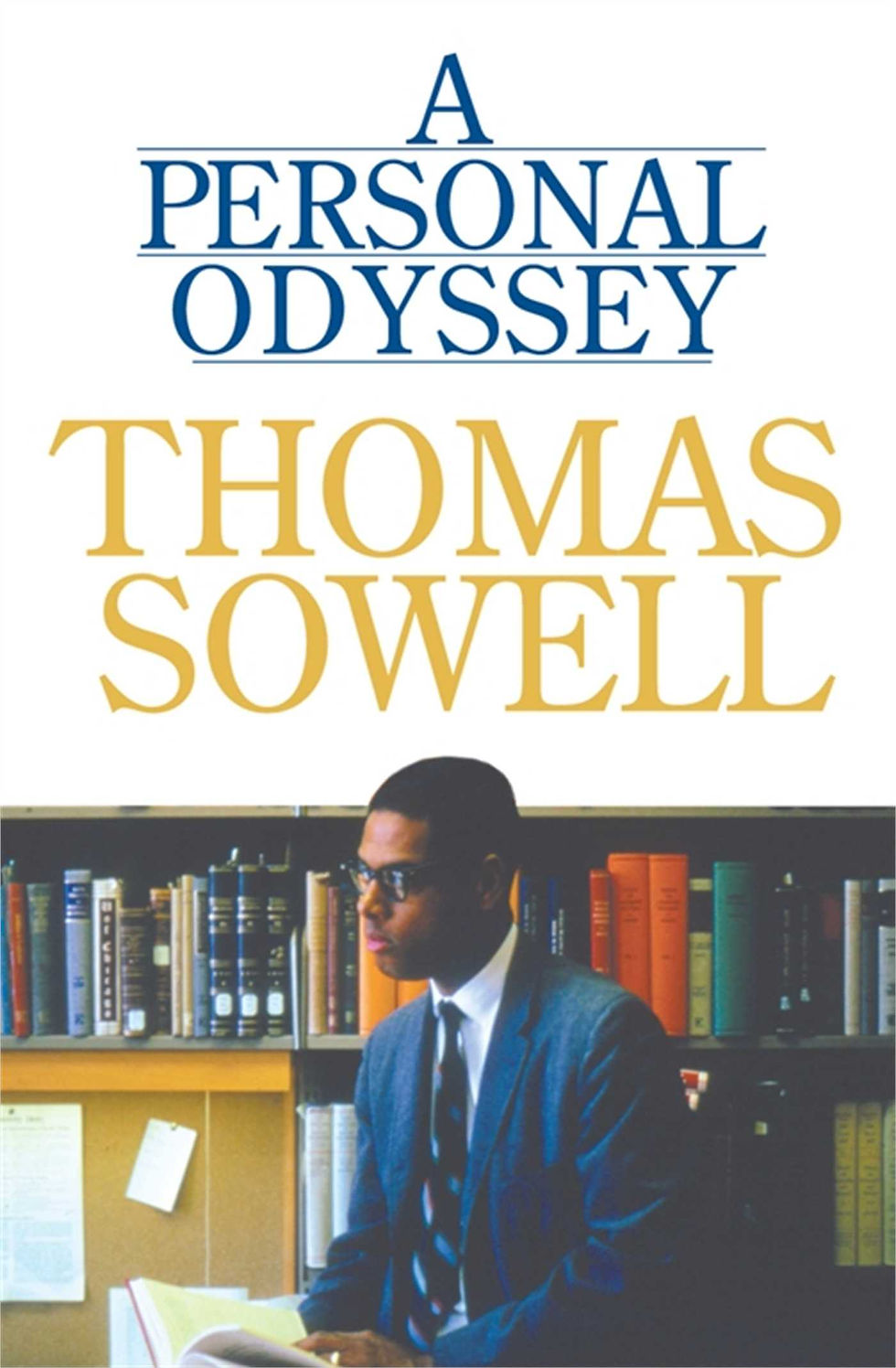The Making of America's Top Scholar
- Tamara Shrugged
- Jul 21, 2022
- 3 min read
Updated: Feb 12, 2024
“Timing was on my side in another way. I happen to come right after the worst of the old discrimination was no longer there to impede me and just before racial quotas made the achievements of blacks look suspicious.” – A Personal Odyssey
In an age of illogical cultural confusion and racial strife, one man stands apart, borne of an uncompromising standard. Now in his early 90s, having lived through Jim Crow and the aftermath of the Civil Rights movement, Thomas Sowell made his mark as one of the greatest contemporary philosophers of our time. An author of more than 45 books on everything from economics to social theory and race, Sowell advanced the theories of libertarian and conservative thought more than any other thinker alive today. But the road has been anything but predictable.
In Thomas Sowell’s 2000 memoir, “A Personal Odyssey”, Sowell provides a brief history of his childhood, his education, his career in both government and academia, along with the many events and people that shaped his life.
Born into poverty in North Carolina to his widowed mother, and raised by his great aunt, a first-generation descendant of slaves, Sowell was an unlikely future scholar. His family relocated to Harlem at the age of 9, where his stepsister’s husband first piqued his curiosity for news and current events, an interest heightened through books he devoured at the local library. Blue-collar jobs taught him the importance of attaining skills and experience to improve his employment options, as well as an appreciation for the wisdom of the ordinary people he worked beside.
His fate was boosted in early education when his black West Indian teacher refused to adhere to the “soft bigotry of low expectations”, a political term suggesting that less should be required from blacks and other minority groups. While attaining top academic standing through hard work and study, he would later express his disdain for affirmative action programs that made black achievement questionable.
Like most youths, Sowell too would have his own irrational brush with socialist ideology. One version of an unattributed quote says: “If you’re not a liberal when you’re 20, you have no heart. If you’re not a conservative by the time you are 35, you have no mind.” After randomly reading a Karl Marx entry in an encyclopedia, Sowell began a decade-long journey as a Marxist sympathizer. A job in government would help him see the errors of his ways when he experienced firsthand how the agenda-driven system worked against the best interest of citizens. Healed from his Marxist idealism, he would spend the rest of his life advancing free-market solutions over government coercion.
His many roles in government would also introduce Sowell to the inefficiencies of the bureaucracy that values the following of procedures over the attainment of positive results. The government’s hypocrisy in serving its own self-interest caused him to question the very role of government in society and seek answers outside the Beltway.
As a college professor, Sowell came face to face with affirmative action policies that all too often mismatched the abilities of disadvantaged and high-risk blacks. To meet racial quotas, colleges simply lowered the standards for black applicants. Unprepared for the advanced learning process that followed, led many blacks to drop out and leave higher education altogether. Instead, Sowell believed that blacks deserved proper placement based on their existing abilities, accurate grades to assess their progress, and an attitude of self-improvement over resentment.
Thomas Sowell, in his journey through life, managed to escape the black traps set for so many following the Civil Rights Act of 1964. In the process, he educated many minds to solutions that benefit society at large. Now, in a class of his own, Sowell portrays the best of America, black, white, or otherwise.







Comments